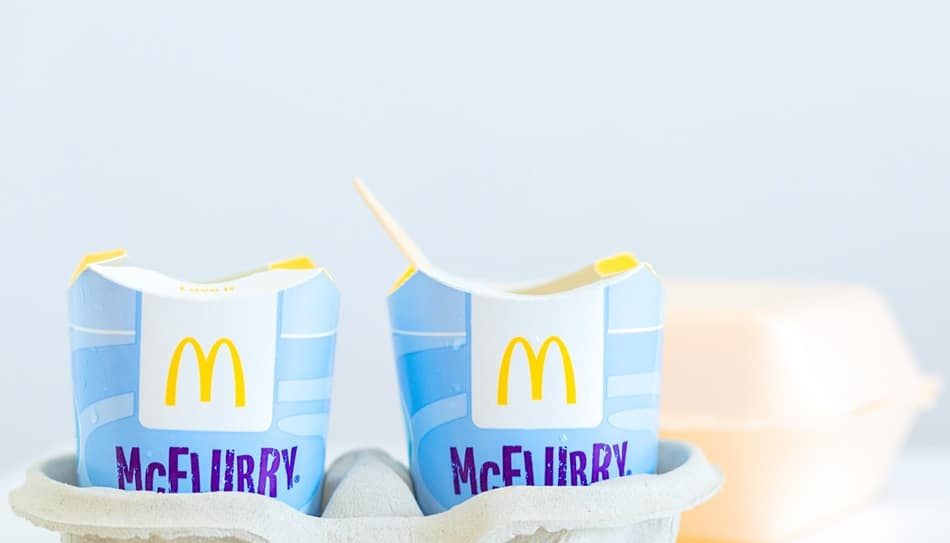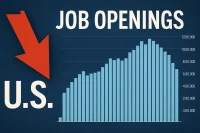For years, McDonald’s McFlurry fans have faced a shared frustration: broken ice cream machines.
The frequent breakdowns have led to widespread jokes, complaints, and even an online tracker, aptly named McBroken.
Now, thanks to a new decision from the U.S. Copyright Office, that long-standing headache could finally be coming to an end.
The McFlurry Machine Problem
The root of the issue, according to Meredith Rose, senior policy counsel at consumer advocacy group Public Knowledge, is the software used in the machines.
When the machines encounter problems, franchise owners have been left in a lurch, often unable to determine what went wrong.
This has made them heavily dependent on certified technicians from Taylor Commercial Foodservice, the primary manufacturer of the machines.
McDonald’s has acknowledged the challenge and said it has been working to improve machine maintenance and train staff better. Yet, complaints of long wait times for Taylor technicians and repeated breakdowns have persisted.
The ice-cream machine issue has reached such notoriety that even former President Donald Trump tweeted after a recent McDonald’s visit, promising to ensure the machines would “work great again” if he were re-elected.
Need Career Advice? Get employment skills advice at all levels of your career
A Shift in Repair Policy
The key breakthrough came when Public Knowledge and iFixit, a website that publishes repair guides, petitioned the Copyright Office for an exemption.
The petition sought permission for owners of commercial and industrial equipment to perform their repairs, bypassing restrictions that favor technicians from the manufacturer.
It received support from the Justice Department’s antitrust division and the Federal Trade Commission (FTC).
The Biden administration has been pushing for broader access to do-it-yourself and third-party repairs across industries.
The FTC has previously requested information from McDonald’s franchisees regarding the broken ice-cream machines.
Manufacturers like Taylor have argued allowing third-party or do-it-yourself repairs poses risks to user safety, data privacy, and intellectual property. Digital locks and proprietary software, they say, are meant to protect these assets.
Despite these arguments, the Copyright Office granted a limited exemption specifically for commercial food equipment.
This change allows McDonald’s franchisees to circumvent digital locks on the machines with their methods, rather than relying solely on Taylor-authorized tools and technicians.
Kytch’s Role in the Saga
A company called Kytch had previously developed a device that aimed to help restaurant owners monitor the health of their ice-cream machines and prevent breakdowns.
However, McDonald’s warned franchisees against using the device, citing safety concerns.
Kytch disputed these claims and has since filed lawsuits against both McDonald’s and Taylor, alleging unfair practices.
While Kytch has ceased operations following McDonald’s warning, co-founder Jeremy O’Sullivan sees the Copyright Office’s ruling as a validation of Kytch’s model.
He said:
“I think this is a challenge to Taylor’s monopoly.”
What’s Next for McFlurry Fans?
With the new exemption in place, McDonald’s franchisees may soon be able to fix their ice-cream machines or hire third-party technicians, potentially reducing downtime.
This development could finally resolve the long-running saga of broken McFlurry machines, much to the delight of loyal customers.
As McDonald’s navigates this new terrain, it’s clear that the decision marks a significant shift in the ongoing battle over repair rights, especially in industries where digital locks and software create barriers.
Whether this leads to more reliable McFlurry machines remains to be seen, but for now, the winds of change are blowing through McDonald’s dessert menu.




